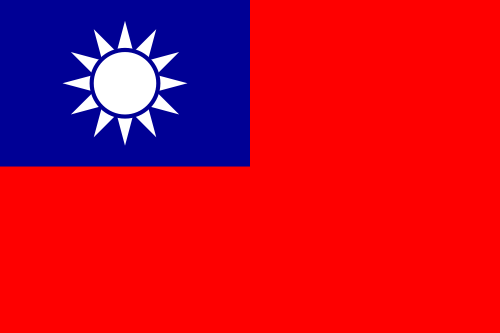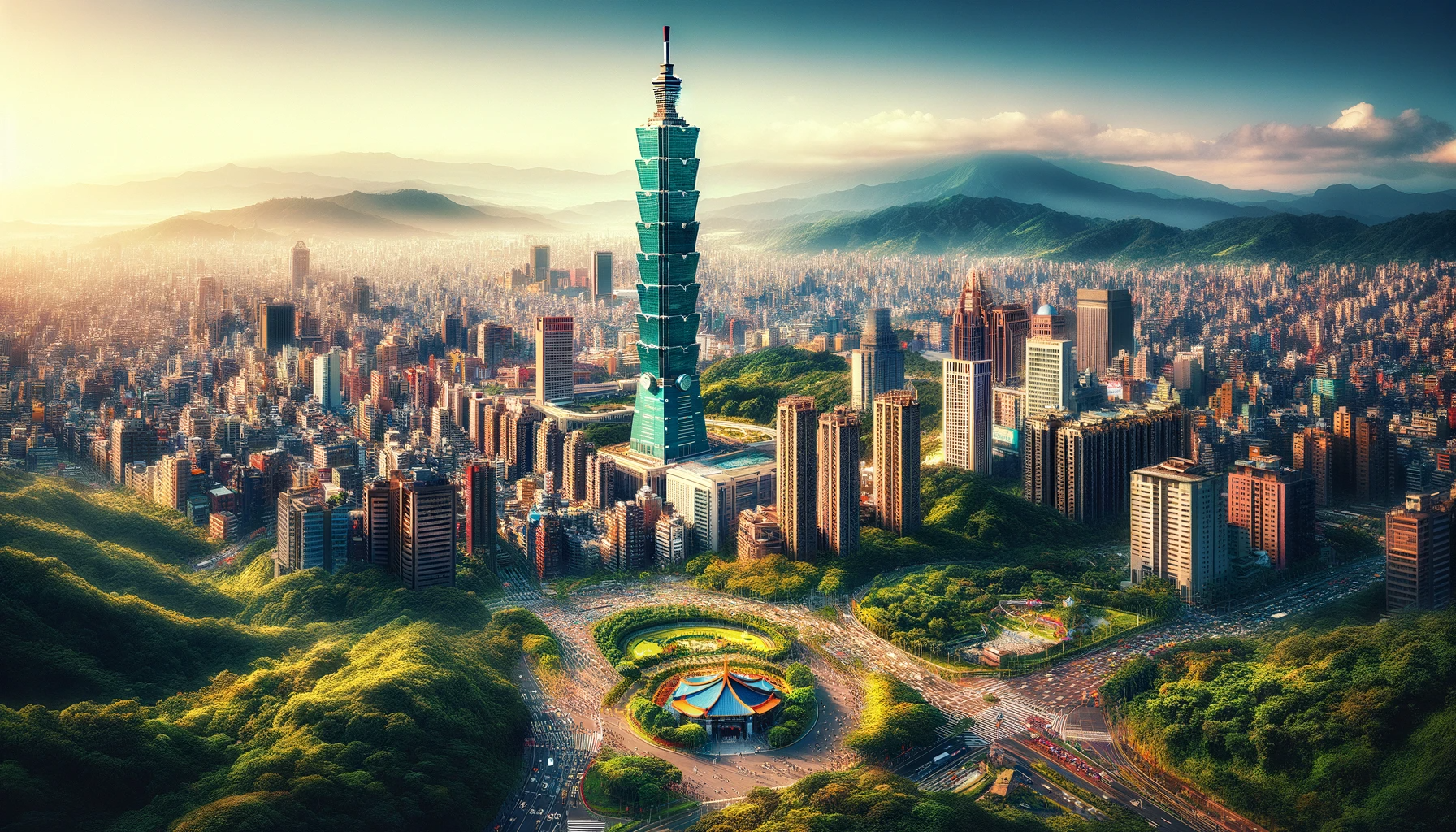Taiwan, an island off the southeastern coast of China, is known for its modern cities, traditional Chinese temples, hot springs resorts, and dramatic mountainous terrain. Taipei, the capital, is home to the bustling night markets and the towering Taipei 101 skyscraper. The island is also famed for its diverse culinary landscape and vibrant street-food scene. Taiwan’s rich cultural tapestry, blending its indigenous heritage with Chinese, Japanese, and Western influences, alongside its natural beauty, from Sun Moon Lake to Taroko Gorge, makes it a distinctive and enticing destination.
List of Public and National Holidays in Taiwan for the year 2025
- New Year’s Day is on Wednesday, January 1st.
- Republic Day is on Wednesday, January 1st.
- Chinese New Year Holiday is from Saturday, January 25th to Sunday, February 2nd.
- 228 Peace Memorial Day is on Friday, February 28th.
- Children’s Day Holiday is on Thursday, April 3rd.
- Children’s Day is on Friday, April 4th.
- Qing Ming Festival is on Saturday, April 5th.
- Labour Day is on Thursday, May 1st.
- Dragon Boat Festival Holiday is on Friday, May 30th.
- Dragon Boat Festival is on Saturday, May 31st.
- Mid-Autumn Festival is on Monday, October 6th.
- ROC National Day is on Friday, October 10th.
*Please note that this list may be subject to change.
List of Public and National Holidays in Taiwan for the year 2024
- New Year’s Day: Monday, 1 January 2024
- Republic Day: Monday, 1 January 2024
- Chinese New Year Holiday: Thursday, 8 February 2024, to Wednesday, 14 February 2024
- 228 Peace Memorial Day: Wednesday, 28 February 2024
- Children’s Day: Thursday, 4 April 2024
- Qing Ming Festival: Thursday, 4 April 2024
- Children’s Day Holiday: Friday, 5 April 2024
- Labour Day: Wednesday, 1 May 2024
- Dragon Boat Festival: Monday, 10 June 2024
- Mid-Autumn Festival: Tuesday, 17 September 2024
- ROC National Day: Thursday, 10 October 2024

Taiwan: A Dynamic Blend of Modernity, Tradition, and Natural Beauty
Introduction
Taiwan, officially known as the Republic of China, is an island nation known for its bustling cities, rich cultural heritage, and stunning natural landscapes. Situated in East Asia, it is a hub of technological innovation and traditional practices.
Historical Context
Taiwan’s history is a complex tapestry of indigenous cultures, Chinese influence, Japanese colonial rule, and the retreat of the Republic of China government from mainland China in 1949. This diverse heritage shapes Taiwan’s unique identity.
Geographical Diversity
The island boasts a range of landscapes, from the towering peaks of the Central Mountain Range to the sun-kissed beaches along its coast. Its geography includes bustling urban areas, tranquil countryside, and everything in between.
Cultural Mosaic
Taiwanese culture is a rich fusion of traditional Chinese, indigenous, Japanese, and Western influences. The island is known for its religious diversity, vibrant festivals, and culinary delights, such as the famous night market street foods.
Economic Dynamics
Taiwan’s economy is one of Asia’s strongest, driven by high-tech industries, particularly semiconductors and electronics manufacturing. Despite its economic successes, Taiwan faces challenges like dependence on exports and political tensions with China.
Political Landscape
Taiwan is a democratic society with a strong emphasis on human rights and freedom of speech. The political scene is marked by its relationship with China, which views Taiwan as a breakaway province, while Taiwan maintains its sovereignty.
Environmental Initiatives
Taiwan is committed to environmental sustainability. The island is making strides in green energy, waste management, and conservation, balancing its industrial growth with ecological responsibility.
Tourism and Natural Attractions
Tourism in Taiwan is diverse, offering everything from the bustling night markets and skyscrapers of Taipei to the serene beauty of Taroko Gorge and Sun Moon Lake. The island’s rich cultural heritage and natural beauty attract visitors from around the world.
Arts and Literature
Taiwanese arts reflect its multicultural heritage, evident in traditional Chinese art forms, indigenous crafts, and contemporary art. Literature in Taiwan, both in Mandarin and Taiwanese Hokkien, is a vibrant field with international acclaim.
Societal Challenges
Taiwan faces social issues such as an aging population, urban-rural divide, and the need for economic diversification. The government is focused on addressing these challenges while maintaining social harmony.
Global Engagement
Taiwan is an active player in global affairs, particularly in areas of trade, technology, and public health. Despite its limited official diplomatic recognition, Taiwan maintains substantial informal international relations.
Conclusion
Taiwan stands as a testament to the successful blend of modernity and tradition. With its dynamic economy, rich cultural landscape, and stunning natural beauty, Taiwan continues to forge its path as a distinctive and resilient player in Asia.

